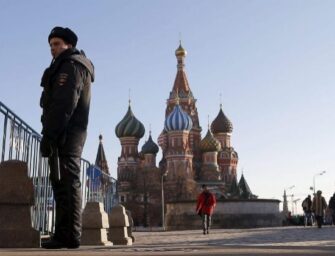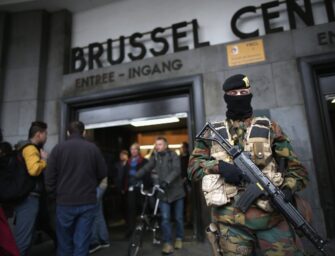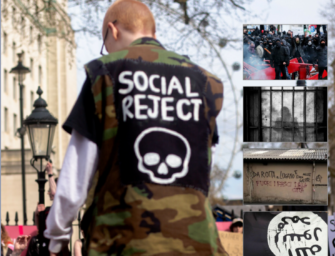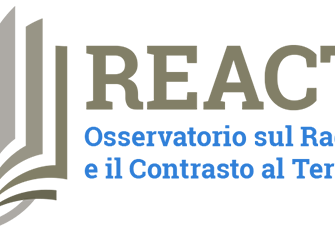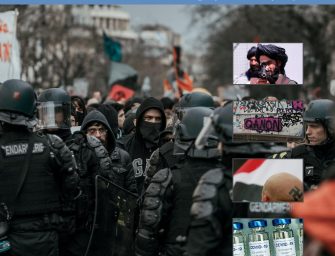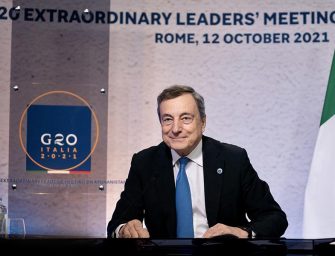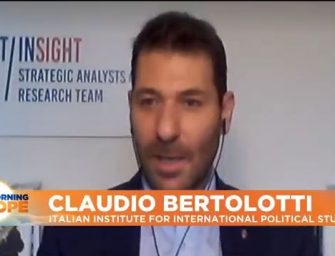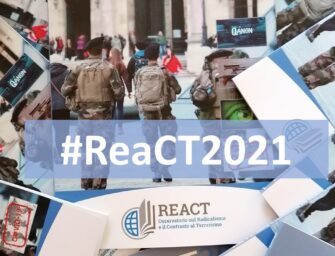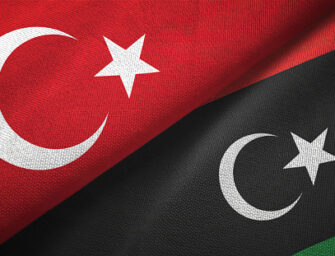Security Union: A Counter-Terrorism Agenda and stronger Europol to boost the EU’s resilience
(European Commission Press Release)
Brussels, 9 December 2020
Today, the Commission is presenting a new Counter-Terrorism Agenda for the EU to step up the fight against terrorism and violent extremism and boost the EU’s resilience to terrorist threats. Building on the work done in recent years, the Agenda seeks to support Member States in better anticipating, preventing, protecting and responding to the terrorist threat. Europol, the EU Agency for law enforcement cooperation, will deliver better operational support to Member States’ investigations under the revised mandate proposed today.
Vice-President for Promoting our European Way of Life, Margaritis Schinas, said: “The inclusive and rights-based foundations of our Union are our strongest protection against the threat of terrorism. By building inclusive societies where everyone can find their place, we reduce the appeal of extremist narratives. At the same time, the European way of life is not optional and we must do all in our
power to prevent those that seek to undo it. With today’s Counter-Terrorism Agenda we are putting the focus on investing in the resilience of our societies with measures to better counter radicalisation and to protect our public spaces from attacks through targeted measures.”
Commissioner for Home Affairs, Ylva Johansson, said: “With today’s Counter-Terrorism Agenda, we are boosting experts’ ability to anticipate new threats, we are helping local communities to prevent radicalisation, we are giving cities the means to protect open public spaces through good design and we are ensuring that we can respond quickly and more efficiently to attacks and attempted attacks. We are also proposing to give Europol the modern means to support EU countries in their investigations.”
Measures to anticipate, prevent, protect and respond
The recent spate of attacks on European soil have served as a sharp reminder that terrorism remains a real and present danger. As this threat evolves, so too must our cooperation to counter it.
The Counter-Terrorism Agenda aims at:
- Identifying vulnerabilities and building capacity to anticipate threats
To better anticipate threats as well as potential blind spots, Member States should make sure that the Intelligence and Situation Centre (EU INTCEN) can rely on high quality input to increase our situational awareness. As part of its upcoming proposal on the resilience of critical infrastructure, the Commission will set up advisory missions to support Member States in carrying out risk assessments, building on the experience of a pool of EU Protective Security Advisors. Security research will help enhance early detection of new threats, whilst investing in new technologies will help Europe’s counter terrorism response stay ahead of the curve.
- Preventing attacks by addressing radicalisation
To counter the spread of extremist ideologies online, it is important that the European Parliament and the Council adopt the rules on removing terrorist content online as a matter of urgency. The Commission will then support their application. The EU Internet Forum will develop guidance on moderation for publicly available content for extremist material online.
Promoting inclusion and providing opportunities through education, culture, youth and sports can contribute to making societies more cohesive and preventing radicalisation. The Action Plan on integration and inclusion will help build community resilience.
The Agenda also focuses on strengthening preventive action in prisons, paying specific attention to the rehabilitation and reintegration of radical inmates, including after their release. To disseminate knowledge and expertise on the prevention of radicalisation, the Commission will propose setting up an EU Knowledge Hub gathering policy makers, practitioners and researchers.
Recognising the specific challenges raised by foreign terrorist fighters and their family members, the Commission will support training and knowledge sharing to help Member States manage their return.
- Promoting security by design and reducing vulnerabilities to protect cities and people
Many of the recent attacks that took place in the EU targeted densely crowded or highly symbolic spaces. The EU will step up efforts to ensure physical protection of public spaces including places of worship through security by design. The Commission will propose to gather cities around an EU Pledge on Urban Security and Resilience and will make funding available to support them in reducing the vulnerabilities of public spaces. The Commission will also propose measures to make critical infrastructure – such as transport hubs, power stations or hospitals – more resilient. To step up aviation security, the Commission will explore options for a European legal framework to deploy security officers on flights.
All those entering the EU, citizens or not, must be checked against the relevant databases. The Commission will support Member States in ensuring such systematic checks at borders. The Commission will also propose a system ensuring that a person who has been denied a firearm on security grounds in one Member State cannot lodge a similar request in another Member State, closing an existing loophole.
- Stepping up operational support, prosecution and victims’ rights to better respond to attacks
Police cooperation and information exchange across the EU are key to respond effectively in case of attacks and bring perpetrators to justice. The Commission will propose an EU police cooperation code in 2021 to enhance cooperation between law enforcement authorities, including in the fight against terrorism.
A substantial part of investigations against crime and terrorism involve encrypted information. The Commission will work with Member States to identify possible legal, operational, and technical solutions for lawful access and promote an approach which both maintains the effectiveness of encryption in protecting privacy and security of communications, while providing an effective response to crime and terrorism. To better support investigations and prosecution, the Commission will propose to create a network of counter-terrorism financial investigators involving Europol, to help follow the money trail and identify those involved. The Commission will also further support Member States to use battlefield information to identify, detect and prosecute returning Foreign Terrorists Fighters.
The Commission will work to enhance the protection of victims of terrorist acts, including to improve access to compensation. The work on anticipating, preventing, protecting and responding to terrorism will involve partner countries, in the EU’s neighbourhood and beyond; and rely on stepped up engagement with international organisations. The Commission and the High Representative/Vice-President, as appropriate, will step up cooperation with Western Balkan partners in the area of firearms, negotiate international agreements with Southern Neighbourhood countries to exchange personal data with Europol, and enhance strategic and operational cooperation with other regions such as the Sahel region, the Horn of Africa, other African countries and key regions in Asia.
The Commission will appoint a Counter-Terrorism Coordinator, in charge of coordinating EU policy and funding in the area of counter-terrorism within the Commission, and in close cooperation with the Member States and the European Parliament.
Stronger mandate for Europol
The Commission is proposing today to strengthen the mandate of Europol, the EU Agency for law enforcement cooperation. Given that terrorists often abuse services offered by private companies to recruit followers, plan attacks, and disseminate propaganda inciting further attacks, the revised mandate will help Europol cooperate effectively with private parties, and transmit relevant evidence to Member States. For example, Europol will be able to act as a focal point in case it is not clear which Member State has jurisdiction.
The new mandate will also allow Europol to process large and complex datasets; to improve cooperation with the European Public Prosecutor’s Office as well as with non-EU partner countries; and to help develop new technologies that match law enforcement needs. It will strengthen Europol’s data protection framework and parliamentary oversight.
Background
Today’s Agenda follows from the EU Security Union Strategy for 2020 to 2025, in which the Commission committed to focus on priority areas where the EU can bring value to support Member States in fostering security for those living in Europe.
The Counter-Terrorism Agenda builds on the measures already adopted to deny terrorists the means to carry out attacks and to strengthen resilience against the terrorist threat. That includes EU rules on combating terrorism, on addressing terrorist financing and access to firearms.
For More Information
Communication on a Counter-Terrorism Agenda for the EU: Anticipate, Prevent, Protect, Respond
Proposal for a Regulation strengthening Europol’s mandate
Strengthening Europol’s mandate – Impact assessment Part 1
Strengthening Europol’s mandate – Executive summary of the impact assessment
A Counter-Terrorism Agenda for the EU and a stronger mandate for Europol: Questions and Answers
Press release: EU Security Union Strategy: connecting the dots in a new security ecosystem, 24 July 2020
Security Union – Commission website










